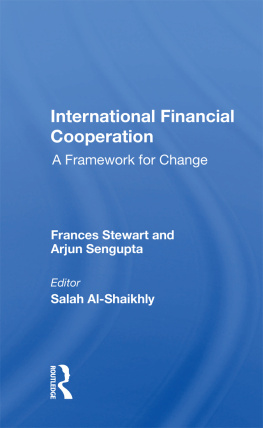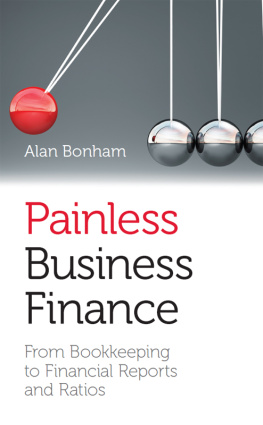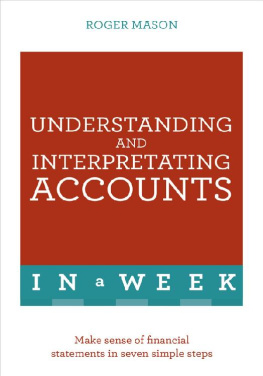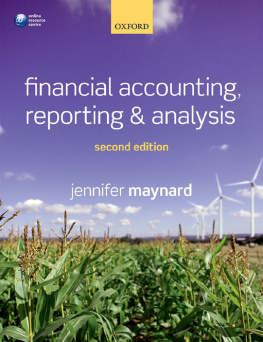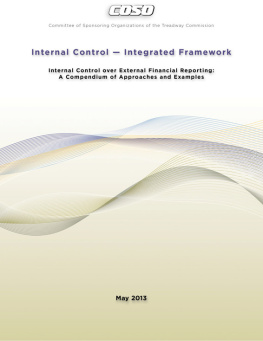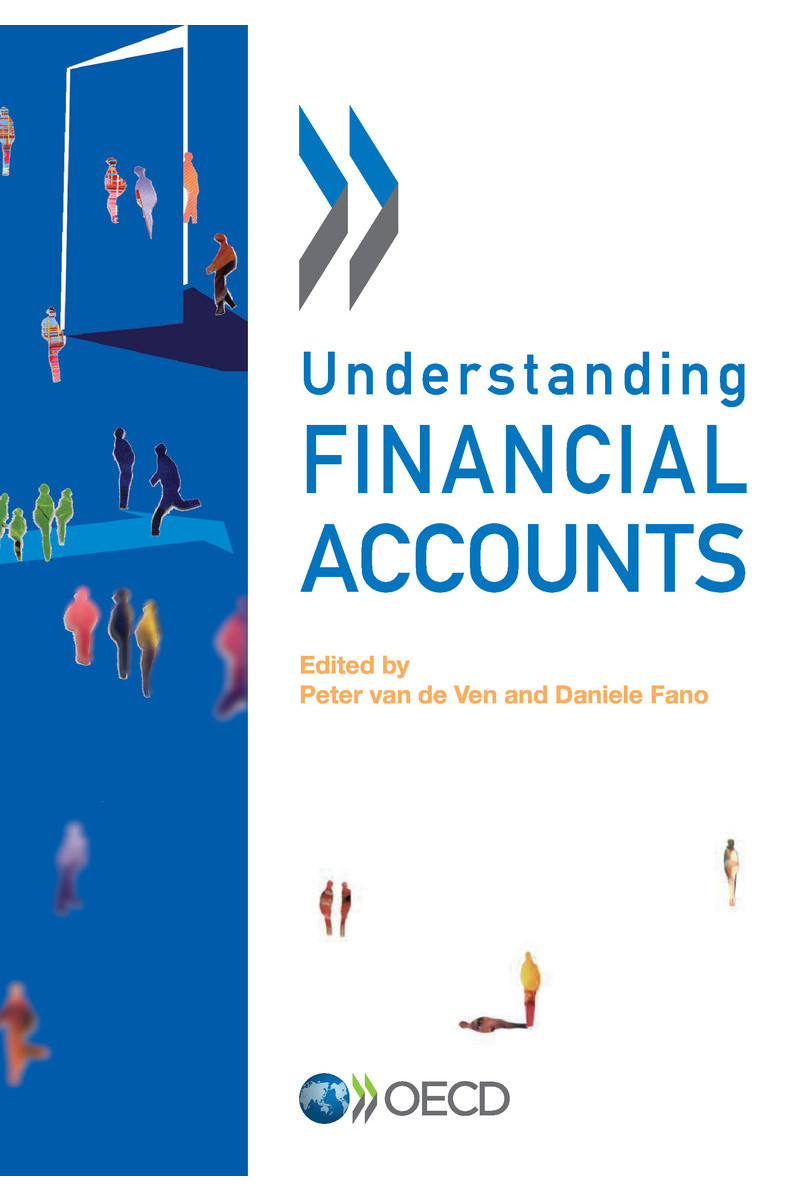Metadata, Legal and Rights
ISBN: 978-92-64-28129-5 (epub) - 978-92-64-28125-7 (print) - 978-92-64-28128-8 (pdf)
DOI: http://dx.doi.org/10.1787/9789264281288-en
This work is published under the responsibility of the Secretary-General of the OECD. The opinions expressed and arguments employed herein do not necessarily reflect the official views of OECD member countries.
This document, as well as any data and any map included herein, are without prejudice to the status of or sovereignty over any territory, to the delimitation of international frontiers and boundaries and to the name of any territory, city or area.
The statistical data for Israel are supplied by and under the responsibility of the relevant Israeli authorities. The use of such data by the OECD is without prejudice to the status of the Golan Heights, East Jerusalem and Israeli settlements in the West Bank under the terms of international law.
Corrigenda to OECD publications may be found on line at: www.oecd.org/about/publishing/corrigenda.htm.
OECD 2017
You can copy, download or print OECD content for your own use, and you can include excerpts from OECD publications, databases and multimedia products in your own documents, presentations, blogs, websites and teaching materials, provided that suitable acknowledgement of OECD as source and copyright owner is given. All requests for public or commercial use and translation rights should be submitted to .
Foreword
The 2007-09 financial and economic crisis started with a collapse in the US housing market which triggered defaults on subprime mortgages. The trouble quickly spread to other financial markets, leading to great financial instability and multiple defaults of financial corporations, not only in the United States but throughout the world. This in turn ushered in the deepest recession since the 1930s. Economic growth turned significantly negative in many countries and unemployment rates increased sharply, especially among younger people. An important indirect impact was the sovereign debt crisis in Europe, with Greece as the most prominent example.
All these developments underlined once again, and more forcefully, the importance of financial accounts and balance sheets to timely, reliable and comprehensive monitoring of financial and economic developments, including their interconnections across sectors and countries. The framework of financial accounts and balance sheets, which is part of the system of national accounts, brings coherence to hundreds of statistical sources available in countries. It delivers essential macro-economic information to monitor financial risks and vulnerabilities, and analyse links between the world of finance and the real economy. As such, it can make an important contribution to policy making.
This publication aims to show the richness of the information contained in the financial accounts and balance sheets and the system of national accounts more generally and to demonstrate their usefulness for economic research, analysis, and policy formulation. It also explains the concepts and statistical sources underpinning the financial accounts and balance sheets, and the complexities involved in compiling a fully consistent set of statistics on finance and wealth. The overall objective is to offer a better understanding of the framework of financial accounts and balance sheets in an accessible, yet rigorous, format.
Understanding Financial Accounts extends and deepens the analysis in of the publication Understanding National Accounts. It responds to the renewed interest in monetary and financial stability issues, and in monitoring financial risks and vulnerabilities, including their impact on growth and employment. It therefore places special emphasis on the links between the financial accounts and balance sheets and the non-financial accounts section of the system of national accounts which deals with the real economy. Often these are treated as separate systems, partly because they are compiled by different national statistical authorities.
But while Understanding National Accounts was primarily an OECD product, with some outside contributions, this publication is a fully co-operative effort with colleagues from the OECD and the Bank for International Settlements (BIS), the European Central Bank (ECB), Fondazione AIB, the International Monetary Fund (IMF), National Central Banks (Austria, Italy and Portugal) and National Statistical Offices (Australia and Canada) and the Treasury of Canada.
We recommend this guide to young statisticians, students, journalists, economists, policy makers and all citizens who want to know more about the statistics at the heart of the analysis of financial developments in OECD economies.
Acknowledgements
The main editor of this publication is Peter van de Ven (OECD). However, this publication would not have been possible without the active involvement of Daniel Fano (Fondazione AIB) who had the idea to compile a publication on financial accounts and balance sheets. His perseverance made Understanding Financial Accounts happen. Daniele also participated actively in drafting, editing and reviewing various chapters.
The editors would like to thank, first, the authors and co-authors of the chapters, for their excellent input, and their willingness and patience to address the continuous stream of comments, suggestions and proposals for further additions: Michael Andreasch (Oesterreichische Nationalbank), Joo Cadete de Matos (Banco de Portugal), Julia Catz (ECB), Derick Cullen (Australian Bureau of Statistics), Riccardo De Bonis (Banca dItalia), Robert Dippelsman (IMF), Celestino Giron (ECB), Paul Goebel (Treasury Board of Canada Secretariat), Andreas Hertkorn (ECB), Luigi Infante (Banca dItalia), Filipa Lima (Banco de Portugal), Antonio Matas-Mir (ECB), Patrick OHagan (Statistics Canada), Gabriel Quirs (IMF), Gabriele Semeraro (Banca dItalia), Amanda Seneviratne (Australian Bureau of Statistics), James Tebrake (Statistics Canada), Bruno Tissot (BIS), and Jorrit Zwijnenburg (OECD).
Many thanks also go to Sarah Geisman and Maja Kunstelj, two interns at the OECD, and Leonie Beisemann (OECD), who did a marvellous job in reviewing all chapters, introducing many improvements, making excellent proposals for redrafting, and working on the tables and graphs. Without them, this publication would not have happened. Thanks also go to Matthew De Queljoe for taking care of the final editorial changes and all other requests related to the finalisation of this publication.
Special thanks for their thorough review of the manuscript to Michaela Bello, Esther Bolton, Matthew De Queljoe, Rachida Dkhissi, Federico Giovannelli, Haukur Gudjonsson, Jennifer Ribarsky, Elena Van Eck, Bettina Wistrom, Florence Wolff, Isabelle Ynesta and Jorrit Zwijnenburg, all from the OECD Statistics Directorate.
Also many thanks to Tom Lay, Grace Kim and Michael Davies (from the Australian Bureau of Statistics), and Joo Abreu, Srgio Branco, Ins Cncio Pinto, ngela Coelho, Teresa Crespo, Gonalo Duarte, Joo Falco, Andr Guerreiro, Filipe Morais, Snia Mota, Rita Pisco, Rita Poiares, Ana Margarida Ribeiro and Vtor Silveira (from Banco de Portugal), Hans Olsson (from ECB), and Sonia Primot (OECD) for providing support in completing .


